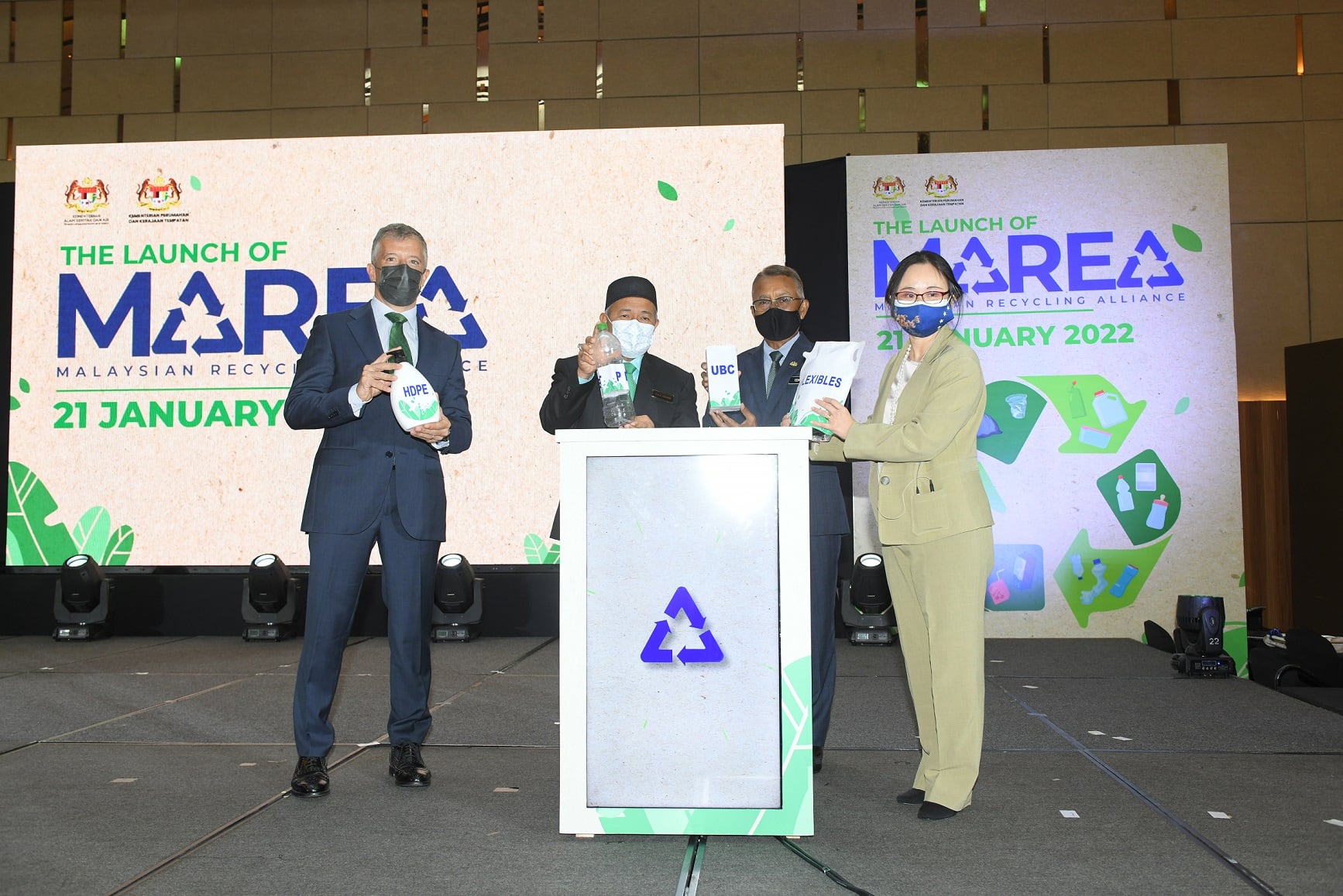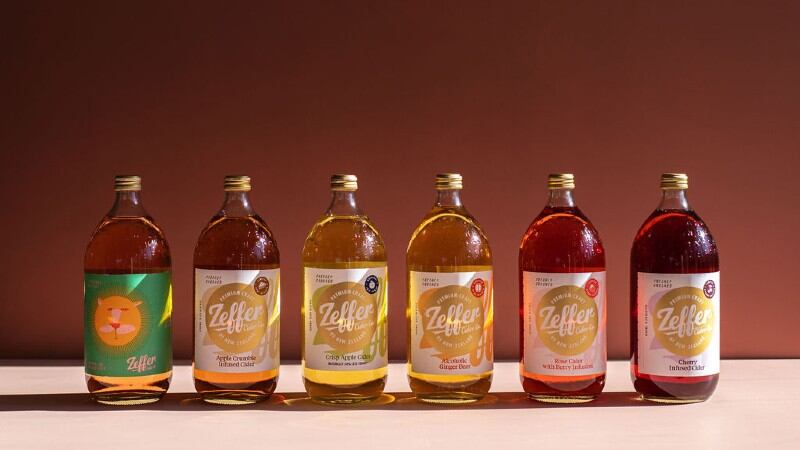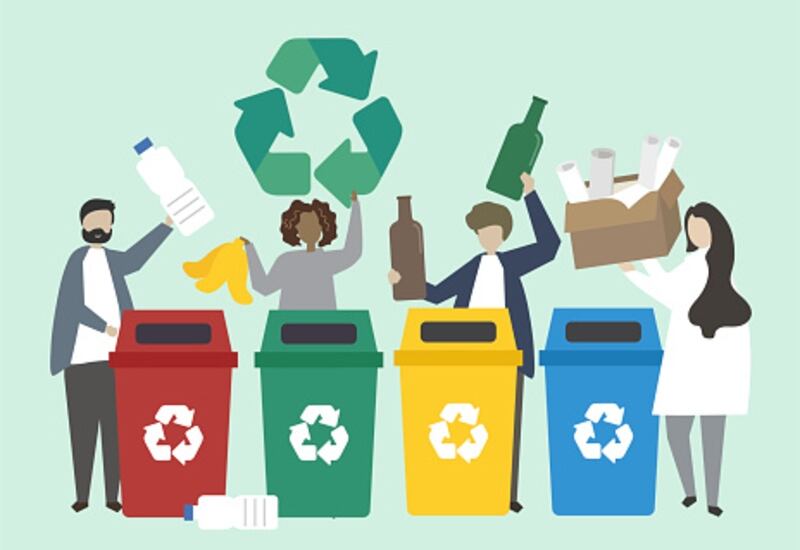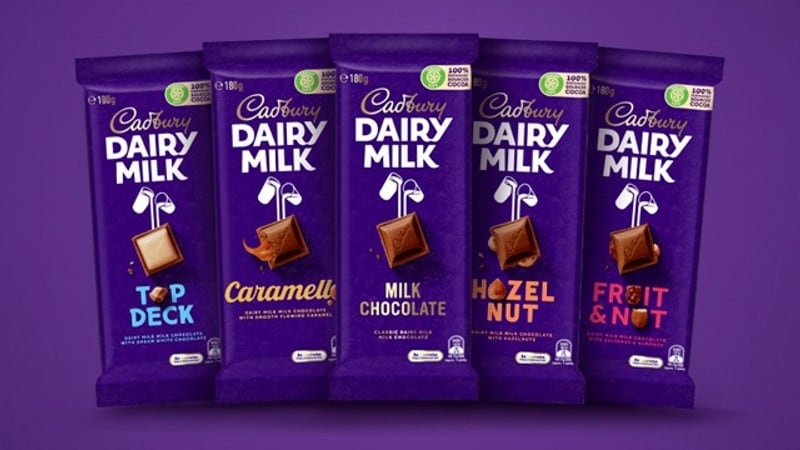The Malaysian Recycling Alliance Berhad (MAREA) wants to reach a minimum recycling rate of 25% of packaging volumes by 2025.
MAREA is Malaysia’s first-ever Extended Producer Responsibility (ERP) association, and is chaired by Nestle Malaysia CEO Juan Aranols. The association was established in January 2021, but only just recently saw its formal launch on January 21 2022.
The alliance’s members comprise of 10 well-known FMCG brands in Malaysia - Coca-Cola, Colgate-Palmolive, Dutch Lady Milk Industries, Etika Group of Companies, F&N Malaysia, Mondelēz International (Malaysia), Nestlé Malaysia, Spritzer, Tetra Pak Malaysia and Unilever Malaysia.
Although not all of its members are from the food and beverage industry, the alliance revealed during its launch that food and beverage packaging will make up over half of its Phase One focus, which will include four plastic materials: PET (beverage bottles), Multi-layer laminates/flexibles (soft plastics e.g. instant noodle and biscuit packaging), Used Beverage Cartons (UBC, milk and juice cartons) in addition to HDPE which is usually used for shampoo bottles.
“Although we can be fierce competitors in the market, we also know that working together is necessary to address the plastic challenge that faces us [as] together we manufacture daily products for millions of consumers,” said Aranols at the launch event.
“Estimations say that the APAC region will accumulate some 40 million tons of plastic waste by 2030, and Malaysia is expected to play a large part in this [if we continue as is] so we must do more.
“At present, plastic still plays an important role in the food supply chain by bringing food to consumers safely – it is a necessary part of the packaging to ensure food safety especially in our warm, humid climate. We are looking for alternative materials, but we also need to change the way we interact with plastic, towards a circular economy to reduce environmental impact.”
Research by the World Bank Group and local ministries have shown that Malaysia produces some 1.1 million tons of plastic waste each year, and a WWF report also revealed that it takes the second top spot in Asia for per capita plastic use (16.78kg), beating out larger countries such as China and Indonesia.
Ministers from the local Ministry of Housing and Local Government (KPKT) as well as the Ministry of Environment and Water (KASA) were also present to formally launch MAREA, and both minister highlighted the importance of waste reduction in light of the recent flood tragedy to hit the country last December.
“It is especially important to take immediate action to mitigate the plastic waste situation, especially after the recent floods – this should be taken as an eye-opener for us all towards the threat of climate change, and to highlight the critical importance for Malaysia to transform towards a net zero emissions country,” KASA Minister Dato' Sri Tuan Ibrahim Bin Tuan Man said at the event.
“This EPR is in line with Malaysia’s 2030 national sustainability goals within the Plastic Sustainability Framework 2021-2030 – one of the core strategies in that framework is the implementation of mandatory EPRs and reaching 25% plastic packaging recycling rates by 2025 – similar to MAREA’s goal.”
Practical plans of action
Amongst MAREA’s practical plans are to establish curbside collection systems to do weekly collections from select households, in addition to promoting Separation At Source (SAS) by consumers via consumer education initiatives and working with recyclers to stabilise collection costs via subsidisation.
“The 25% of plastic waste is estimated to translate into some 20,000 MT of plastic being recycled by 2025 based on our current 10 members – but we are recruiting more FMCG firms such as Danone and P&G to join us, which will hopefully bump this number up even higher,” MAREA General Manager Pauline Goh said in response to queries from FoodNavigator-Asia at a post-event press conference.
“Before that though, our short-term goal within this year is to first recycle at least 5,000 MT of plastic waste.”
Aranols added that MAREA is an open organization, not just limited to manufacturers, and called for players all along the value supply chain to join them.
“We’re not just looking for big firms, but also small food companies for example, retailers, and any other organisations along the value chain who can play a role in plastic reduction,” he said.
Goh also said that there are plans in motion for the monetary incentivization of B40 households (Malaysians in the lowest 40% income group) to recycle, but hopes to use education to get other members of the public to do this as it will be ‘more sustainable in the long run’.
“We will also be auditing everything we do, all the plastic waste that enters MAREA will be recorded – we want to establish a robust data collection and auditing system so we can prepare a proper report for both members and likely the government on a regular basis,” she said.





